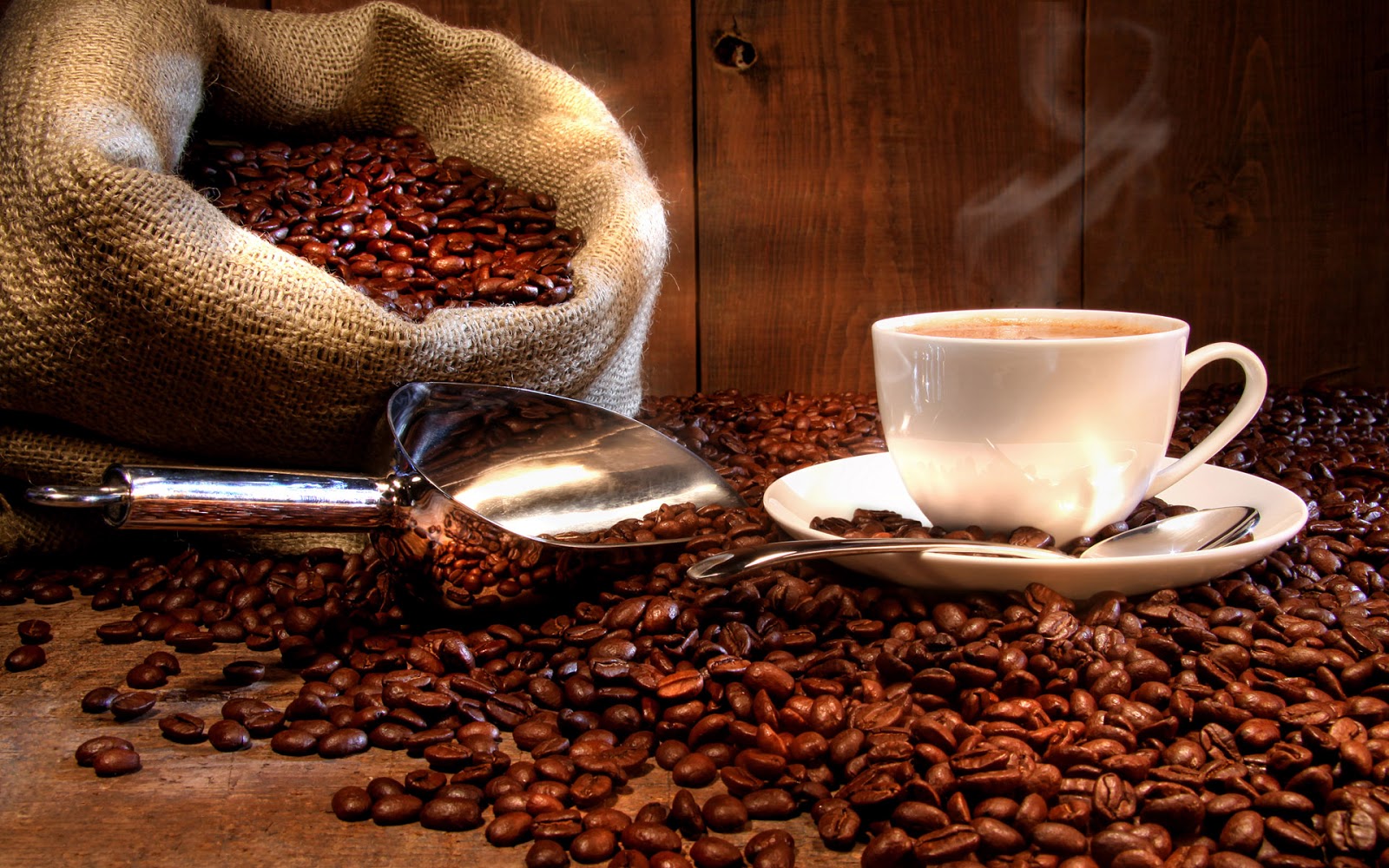
A cup of coffee in the morning may pack more than just an energy boost.
More and more research is emerging to suggest that there may be several health benefits associated with drinking this dark black beverage, from helping prevent diabetes to lowering the risk of liver disease.
The consumption of coffee goes back centuries.
In 17th century England the popularity of the drink gave rise to a number of coffee houses which were dubbed ‘penny universities’, because with one penny a person could buy a cup of coffee and have intellectually stimulating conversations with other people.
Nowadays, with over 400 billion cups consumed every year, coffee is one of the world’s most popular drinks. But what makes it special?
This MNT Knowledge Center feature is part of a collection of articles on the health benefits of popular foods. It provides a nutritional breakdown of coffee, details of the potential health benefits associated with its consumption, and any possible risks you should be aware of.
Nutritional breakdown of coffee
Calorie count
Regular black coffee (without milk or cream) has a very low calorie count. A typical cup of black coffee only contains around 2 calories.
However, if you add sugar and milk, the calorie count can shoot up.
Antioxidants
Coffee is the number one source of antioxidants in the U.S., according to researchers at the University of Scranton.
Joe Vinson, Ph.D., lead author of the study, said that “Americans get more of their antioxidants from coffee than any other dietary source. Nothing else comes close.”
The authors of the study emphasize moderation, stating that only one or two cups a day appear to be beneficial.
Caffeinated and decaffeinated versions provided nearly the same levels of antioxidants.
Health benefits of coffee
The potential health benefits associated with drinking coffee include: protecting against type 2 diabetes, Parkinson’s disease, liver disease, liver cancer, and promoting a healthy heart.3
Coffee may protect against type 2 diabetes
Coffee may be protective against type 2 diabetes. Researchers at UCLA identified that drinking coffee increases plasma levels of the protein sex hormone-binding globulin (SHBG). SHBG controls the biological activity of the body’s sex hormones (testosterone and estrogen) which play a role in the development of type 2 diabetes.
Dr. Simin Liu, one of the authors of the study, said that an “inverse association” exists between coffee consumption and risk for type 2 diabetes.
Coffee may help prevent Parkinson’s disease
Researchers in the U.S. carried out a study that assessed the link between coffee consumption and Parkinson’s disease risk. The authors of the study concluded that “higher coffee and caffeine intake is associated with a significantly lower incidence of Parkinson’s disease”.
In addition, caffeine in coffee may help control movement in people suffering from Parkinson’s, according to a study conducted at the Research Institute of the McGill University Health Centre (RI MUHC) that was published in the journal Neurology.
Coffee may lower the risk of liver cancer
Italian researchers found that coffee consumption lowers the risk of liver cancer by about 40%. In addition, some of the results suggest that if you drink three cups a day, the risks are reduced by more than 50%.
Coffee may help prevent liver disease
Regular consumption of coffee is linked to a reduced risk of primary sclerosing cholangitis (PSC), a rare autoimmune disease of the bile ducts in the liver.8
In addition, coffee consumption can lower the incidence of cirrhosis of the liver for alcohol drinkers by 22%, according to a study at the Kaiser Permanente Medical Care Program, California, USA.
The authors of the study concluded that the results “support the hypothesis that there is an ingredient in coffee that protects against cirrhosis, especially alcoholic cirrhosis.”
Research published in the journal Hepatology in April 2014, suggests that drinking coffee is linked to a decreased liver cirrhosis death risk. The researchers suggest that drinking two or more cups of coffee every day can reduce the risk of death from liver cirrhosis by 66%.
Coffee may be good for the heart
Researchers at Beth Israel Deaconess Medical Center (BIDMC) and Harvard School of Public Health, concluded that drinking coffee in moderation protects against heart failure. They defined ‘in moderation’ as 2 European cups (equivalent to two 8-ounce American servings) per day.10
People who drank four European cups on a daily basis had an 11% lower risk of heart failure, compared to those who did not.
The authors stressed that their results “did show a possible benefit, but like with so many other things we consume, it really depends on how much coffee you drink.”
Recent developments on the benefits of coffee from MNT news
Coffee may reduce stroke risk. A study monitored coffee consumption of 83,269 Japanese adults aged 45 to 74 years and found that people who drank coffee on a daily basis were at a 20 percent lower risk of stroke compared to those who did not drink it often.
High coffee intake may help against prostate cancer. According to a study published in the journal Cancer Causes and Control, men who drank four or more cups of coffee a day had 59% reduced risk of prostate cancer recurrence and/or progression than those whose coffee consumption was just one cup a week or less.
Risks
In addition, “caffeine use is also associated with symptoms of depression due to either a self-medication theory, or a theory that caffeine itself causes changes in mood.”
Recent developments on the risks of coffee from MNT news Caffeine can disrupt sleep hours later. It might be a good idea to avoid caffeine in the late afternoon and at night as it can have a very detrimental effect on one’s sleep.
• Written by Joseph Nordqvist



